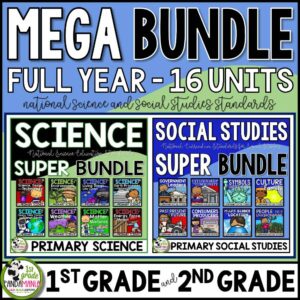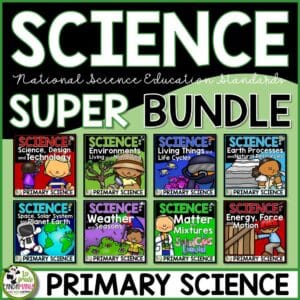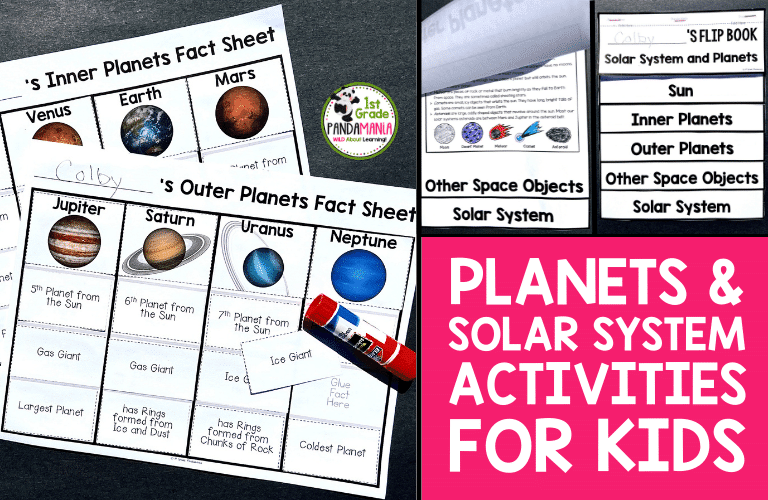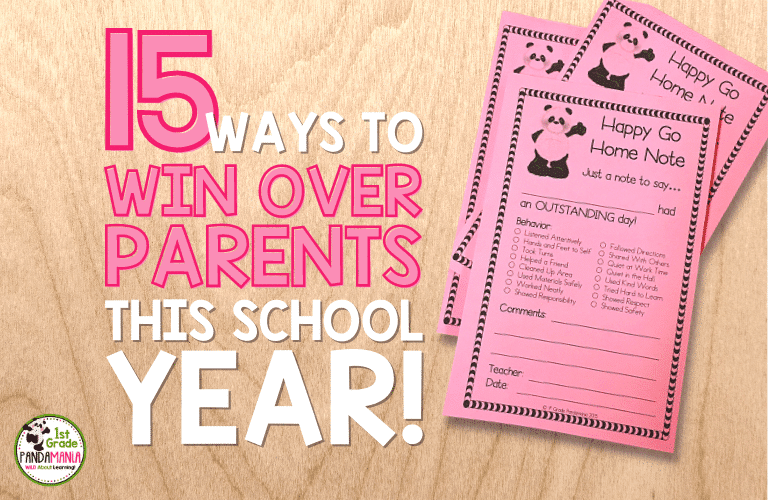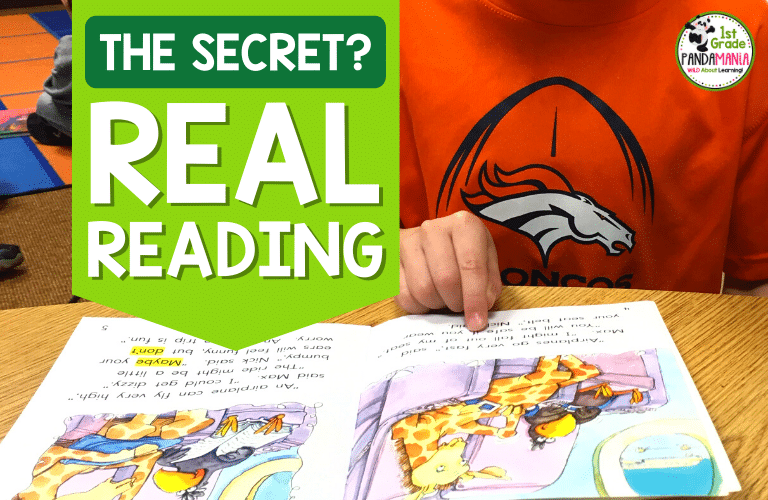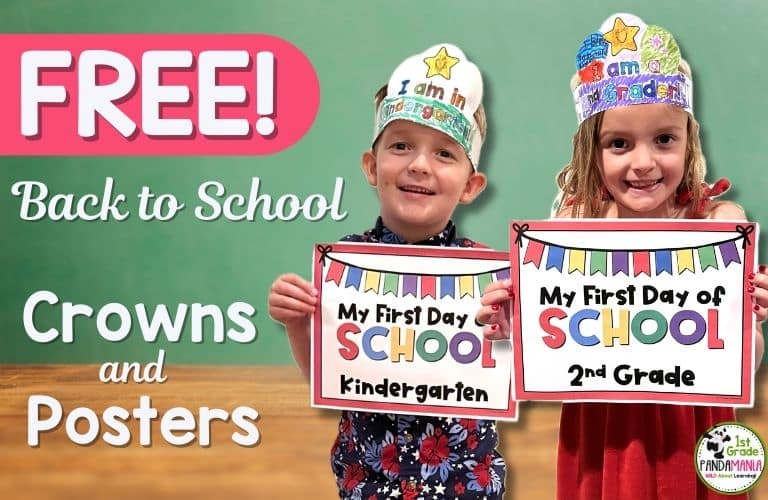Become an Expert in Facts about Endangered Animals!
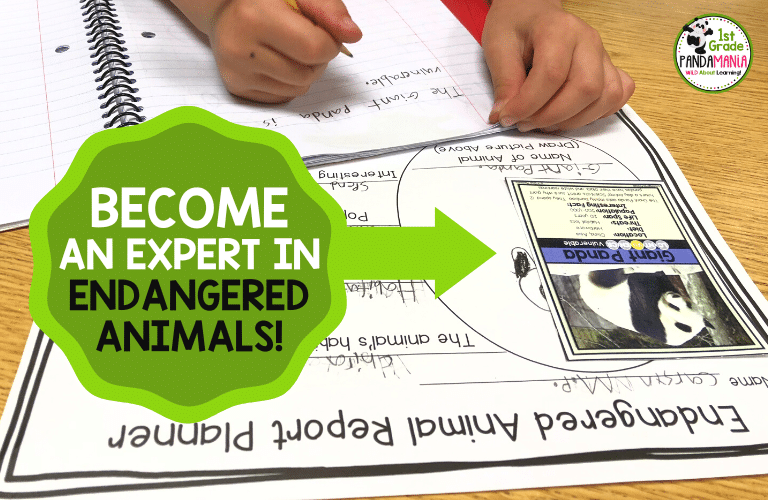
Engage your students with this endangered animals unit with each student writing their own report on facts about endangered animals. This unit is perfect for Earth Day on April 22 or anytime!
Quick note: Our son, Bryce has a degree in evolutionary biology and is a zookeeper in the education department at a zoo in Colorado. He helped to create the resources mentioned here. He updates the endangered status of the animals regularly, so if you have purchased the set, be sure to download any updated versions.
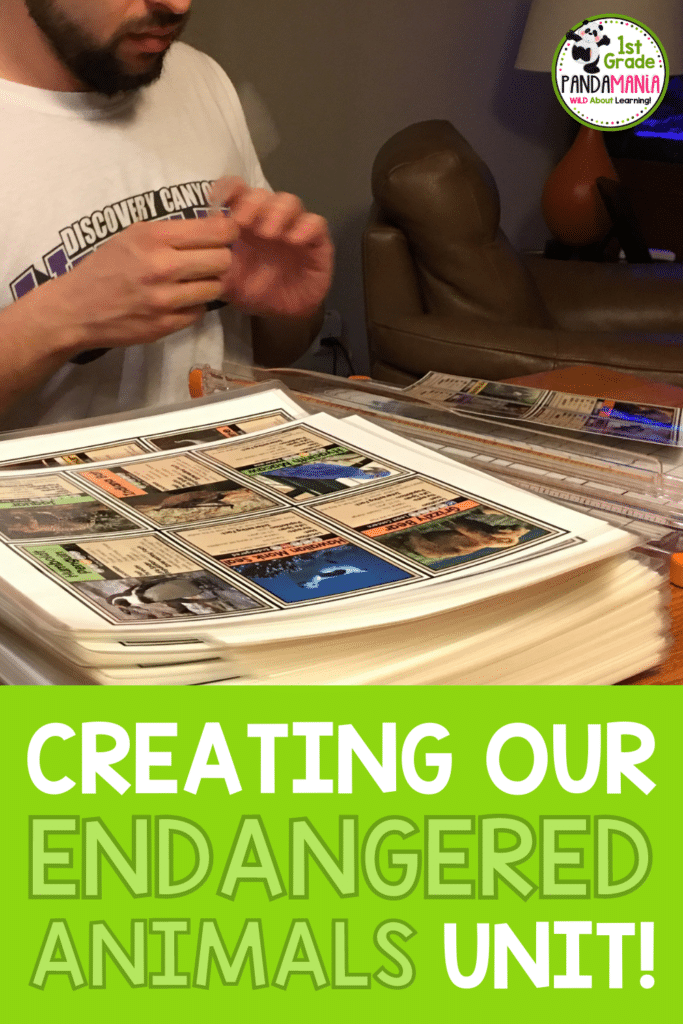
***Scroll to the end of this post to grab a FREEBIE!***

Endangered Status Posters and Trading Cards
These endangered status posters and trading cards are perfect to instruct and display in the classroom when learning facts about endangered animals. They explain the different classification levels for endangered species: Least Concern, Near Threatened, Vulnerable, Endangered, and Critically Endangered. (Extinct in the Wild and Extinct statuses are not included in our resources.)
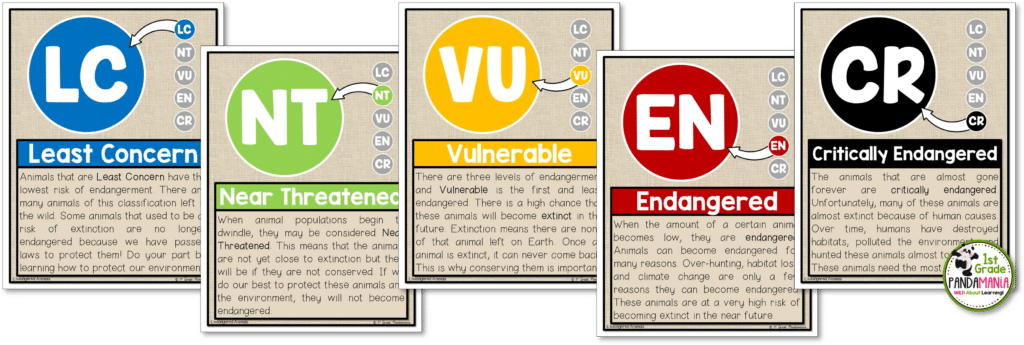
Endangered Animals 4″ x 3″ Trading Cards
Students LOVE sharing and trading these cards as they read and learn facts about endangered animals. Each card is color-coded by where the animal lives and includes endangered status, diet, threats, life span, population, and an interesting fact about the animal.
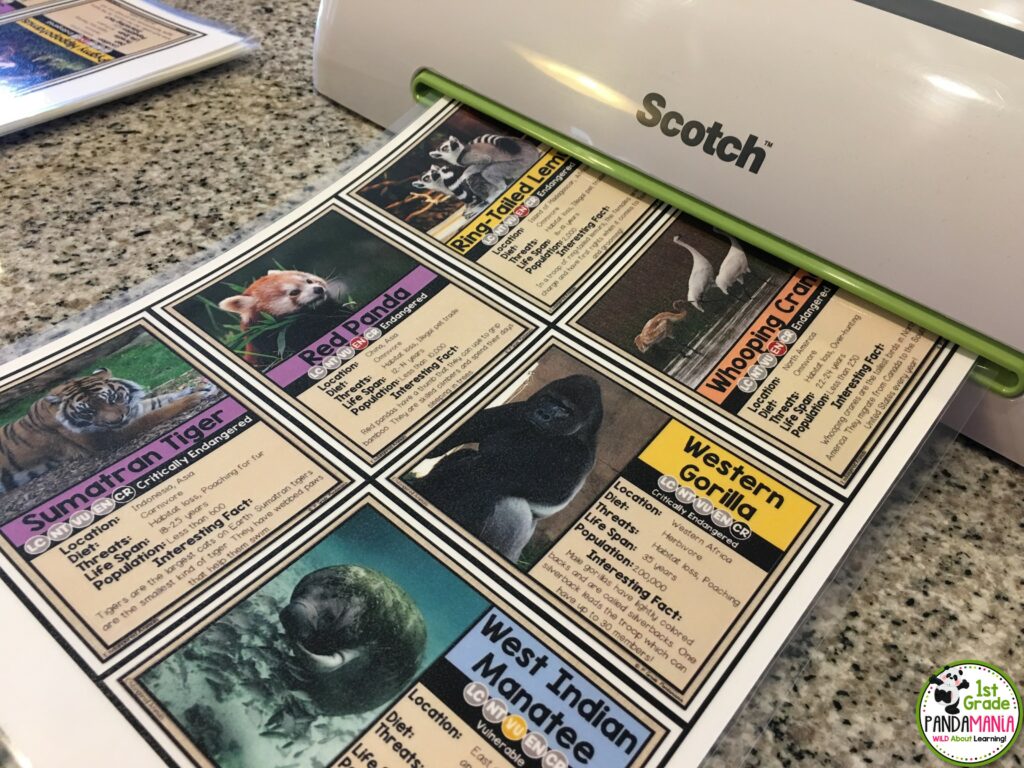

Endangered Animal 8.5″ x 11″ Posters
Colorful, informative posters that match the trading cards are perfect for posting in the classroom or in the hall for other students to learn interesting facts about endangered animals. Post all 42 posters or select the ones for your unit of study.
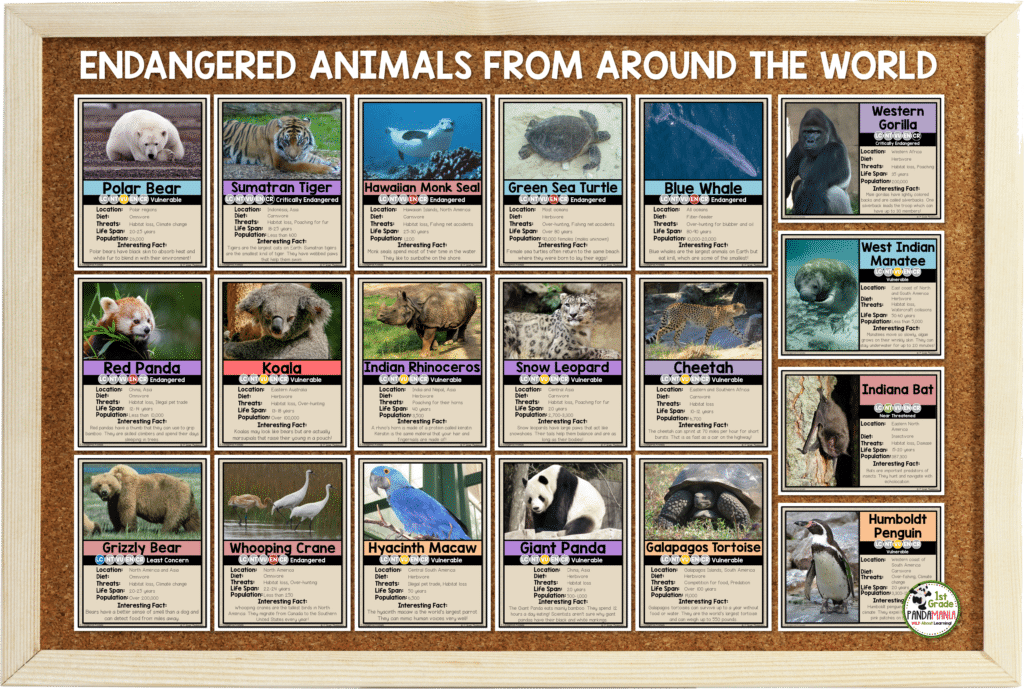
Students Become EXPERTS in Facts about Endangered Animals!
After a few days of reading the cards during reading centers, science class, and whenever you have time, allow students to pick their top 2-3 animals that they would like to study.
Tip: Line up the cards on the whiteboard tray, call students randomly by picking sticks, and have them select their animals one by one. Since they are laminated, you can have them write their names on the back with a dry-erase marker and record their selections in your grade book.
Then the studying begins!
Tell them they need to become experts on their animals and they need to do research like a scientist to get all the interesting facts about their endangered animals.
Their trading cards are just the beginning. Take them to the library and have them research as much as they can online.
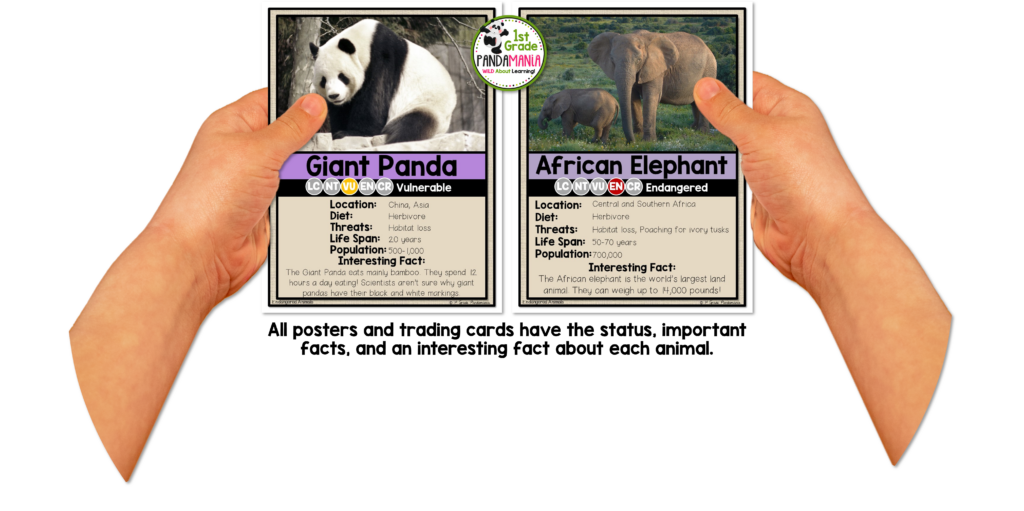

Planning the Endangered Animal Report
Once they have their research, they are ready to plan their reports. (Planner and report paper are included in the Endangered Animals Information Posters and Trading Cards Set!)
The planner breaks their report down into 6 parts:
- the name of the animal (or title)
- the animal’s habitat
- threats to the animal
- population
- interesting fact
- and what is being done to help the species
Each of the 5 lines extending from the oval becomes a complete sentence (or for more advanced students, paragraphs).
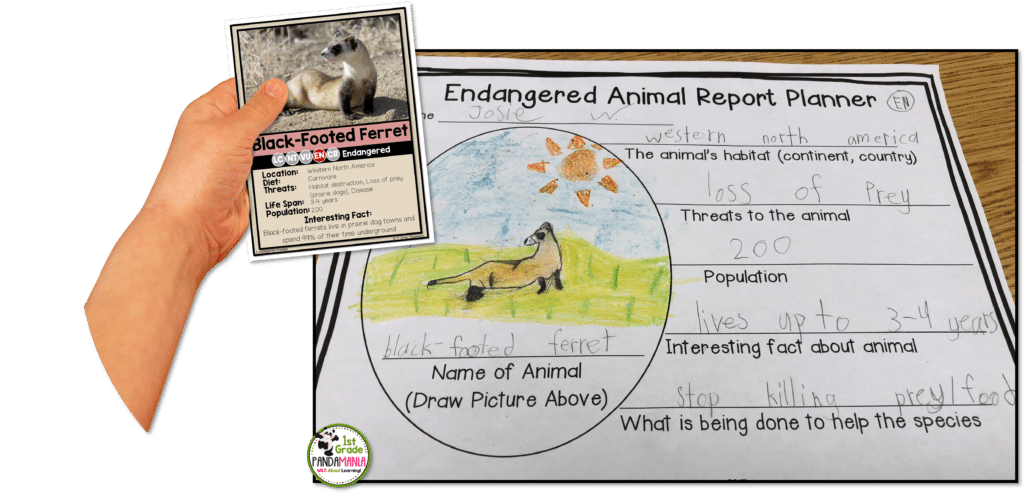

Writing the 1st Draft of the Report
Once their planner is complete, it’s time to write the report! A great way to have students write their ideas in complete sentences is to have them tell a partner about the endangered animals facts they’ve learned.
For example, in the picture below, the student has written China, Asia on the first line for the animal’s habitat. She would tell a friend about the habitat in a complete sentence: The giant panda’s habitat is China on the continent of Asia. Her friend would give her helpful feedback, and assist her if she did not use a complete sentence. Then the student would be ready to write down what she said verbally to her friend.
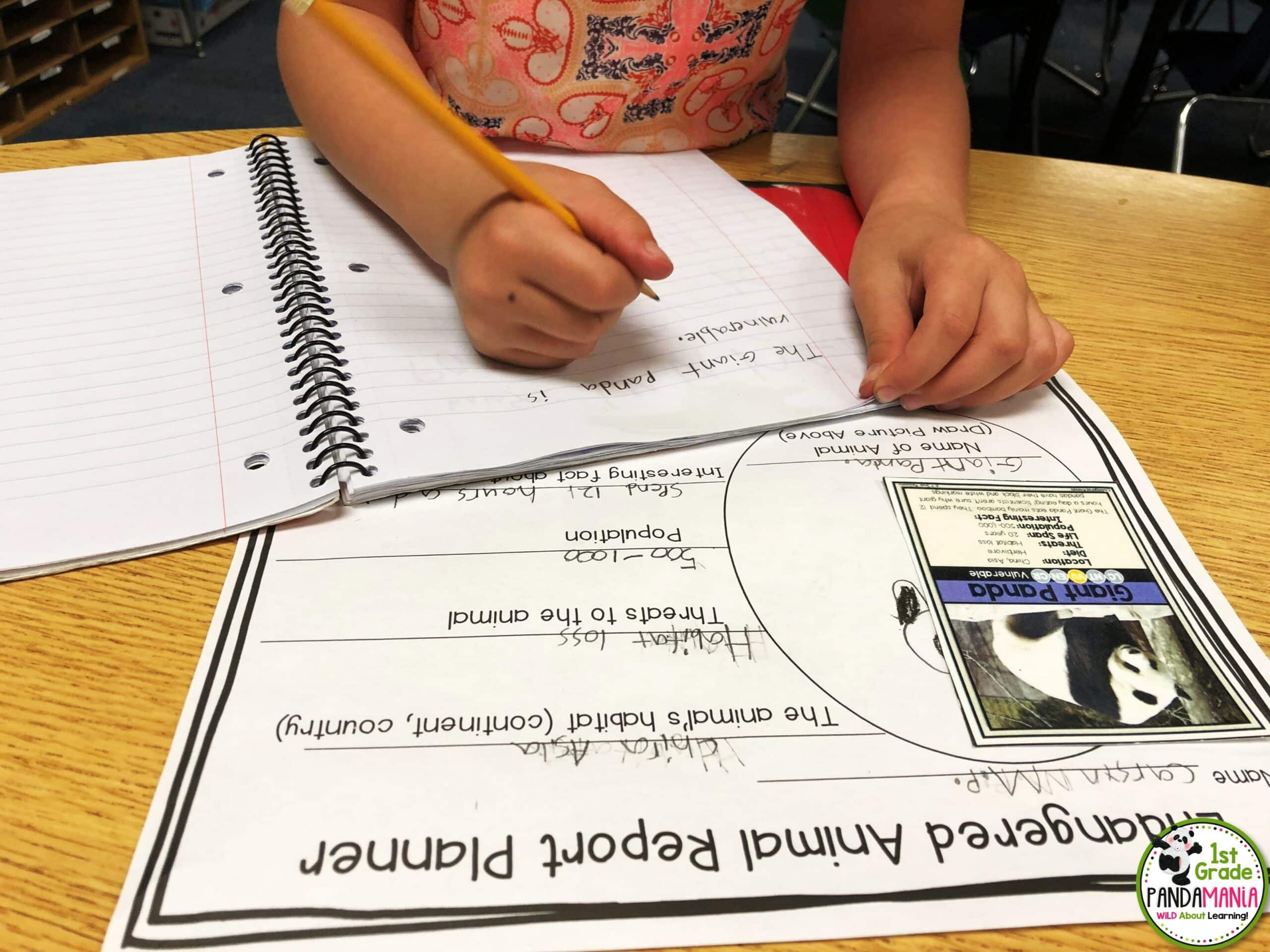
Note: The students had been instructed by the teacher to write a topic sentence first, including the status of the endangered animal.
Students self-edit and revise, then peer edit, and finally have the teacher edit! Once revisions are made, they are ready for the final copy!
The FINAL Copy
Final copies are then completed on report writing paper (included in the pack!)
Remind them that these will be published (either in a class book or on a bulletin board, etc.), so they need to take their time to make it look great. So, in their best handwriting, students write their reports referring to their revised/edited first drafts. Just like the big kids do!
Tip: Many first graders don’t realize they need to refer to their revised/edited first draft and copy down the report. Watch for students who are trying to rewrite from memory! During this process, I have those struggling writers up at the guided writing table with me so I can guide them as necessary.
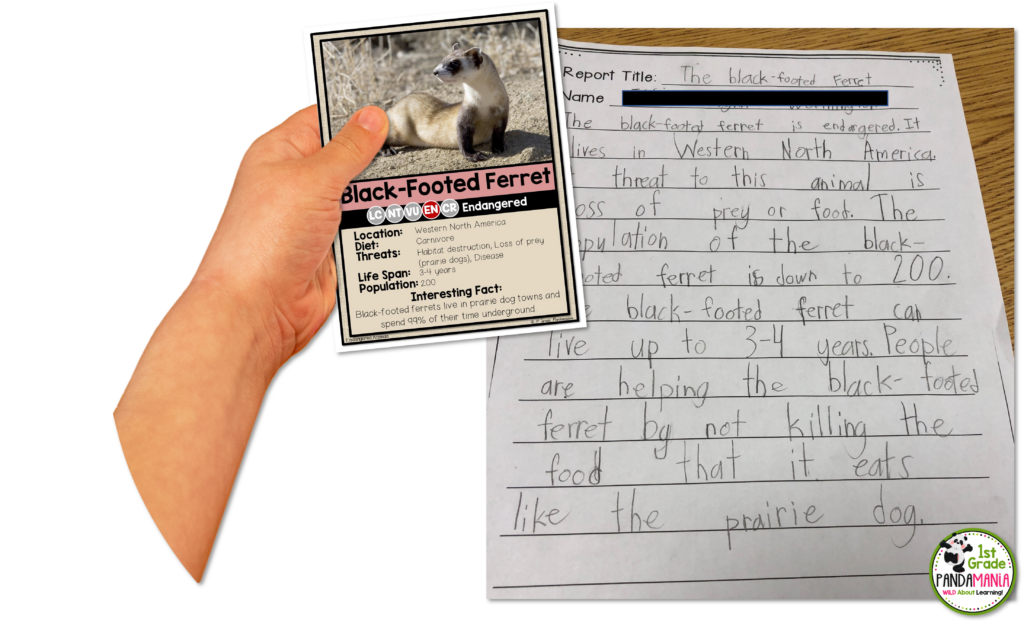

Publishing Student Reports
Your students will be proud of their hard work, so publishing them in some way is super important!
There are many ways to publish and share your students’ reports:
- Post them on a bulletin board
- Make copies of the reports and create a class endangered animals book to include in your class library
- Have students practice reading their reports to present to the class
- Students can read their reports to the principal, to their teacher from the year before, or to their favorite lunch lady
- Use Chatterpix Kids to create great recordings of your students reading their reports with their endangered animal’s mouth moving to their words! See below!
If you love this endangered animals unit check out our Earth Day activities bundle below:
Thanks for stopping by!
-
Product on saleScience and Social Studies Curriculum and Units BUNDLE for 1st and 2nd GradeOriginal price was: $95.20.$69.95Current price is: $69.95.
-
Product on saleElementary Science Curriculum and Units Bundle for 1st and 2nd GradesOriginal price was: $47.60.$37.95Current price is: $37.95.


